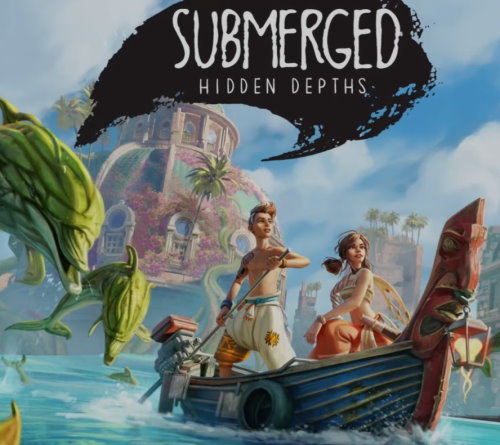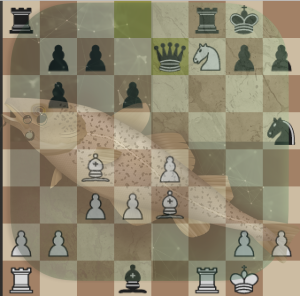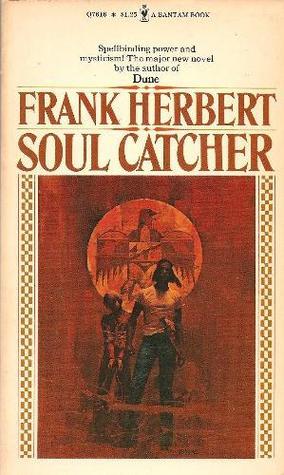Interesting position in the Vienna Game

I was studying some game openings and I found myself in a position that was reached on LiChess 7 times after 11 moves, starting from the Vienna Gambit. That's the gambit that looks like an improved King's Gambit, with f4 after playing Nc3 first. In fact, one of the 7 games started off as a King's Gambit.
This position is fascinating. Go on, try to analyze it! Guess the evaluation, try to see the continuations. White to move, obviously, since the king is completely exposed and also in check. Black has 3 extra pawns and a passed pawn one rank from promoting. Can White survive this?
What if I were to tell you that the computer evaluation for this position is +5 for White? And I am talking 40 ply, not the in page LiChess engine which actually evaluates this at more than +8! The server analysis goes as low as +4.
I am going to share the study, it has several chapters, one with how to get to this position and another with computer variations (absolutely FILTHY variations - imagine Levy Rozman saying that) and then the games on LiChess at the moment. The computer variations (so best play from Stockfish) all end badly; Black is completely lost. It goes to show the importance of space, development and tempo in chess, much more than the material or even the classical principles we are all used to. Not that they are bad, it's just that they don't always apply.
Enjoy this amazing position!













